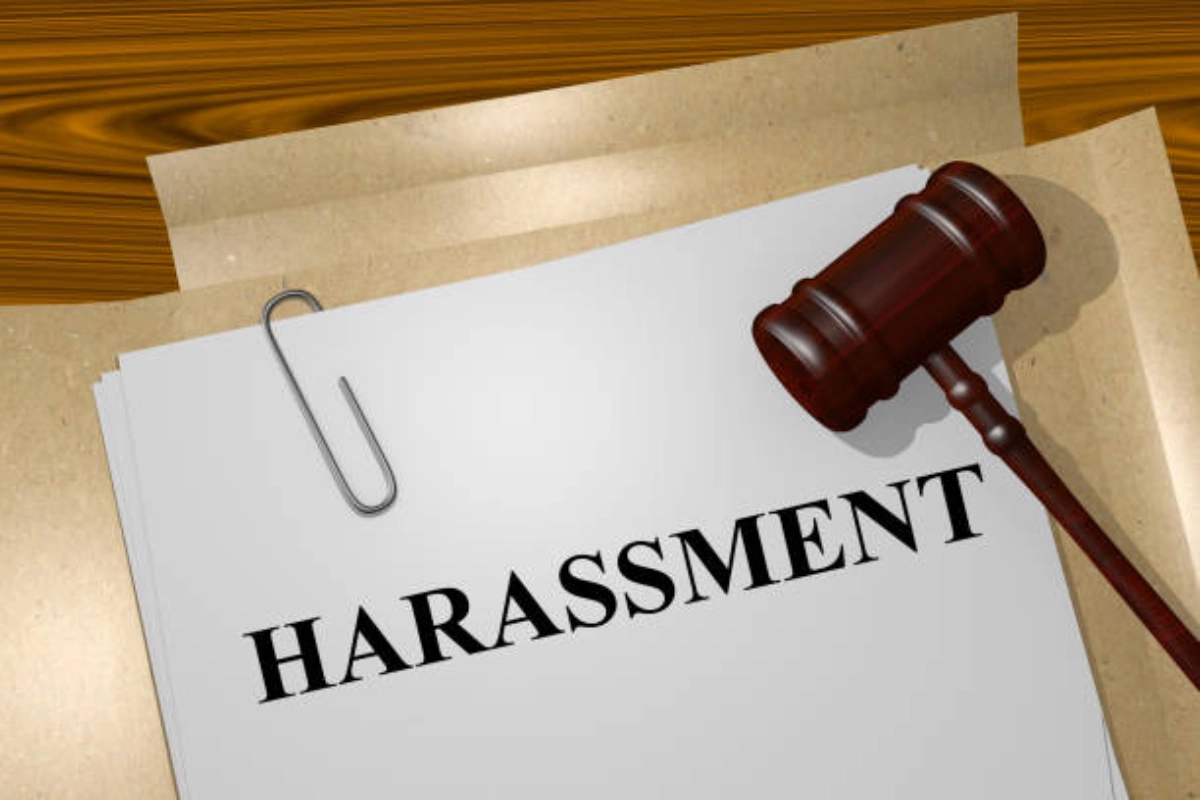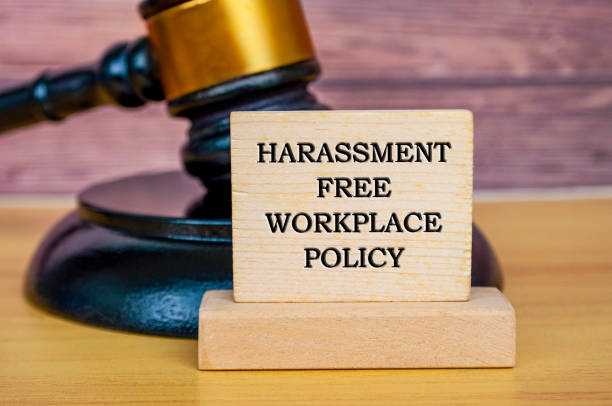When to Contact Harassment Lawyers: A Guide for Employees and Tenants

Harassment in the Workplace and Housing: Know Your Rights and Legal Options
Harassment in the workplace and housing can significantly impact your mental health, job performance, and sense of safety. Whether you’re an employee dealing with a hostile work environment or a tenant facing intimidation from a landlord or neighbor, recognizing harassment early and knowing your legal rights is crucial. This guide helps you take informed action and know when it’s time to consult a harassment lawyer for protection and justice.Ready to connect with top legal professionals? Get immediate support— Call us at 877-550-8911.
What Constitutes Harassment at Work and in Housing?
Harassment includes any behavior that creates a hostile, intimidating, or offensive environment. It can range from verbal abuse and discriminatory remarks to unwanted advances or threats. In the workplace, harassment may come from a supervisor or coworker, while in housing, it may stem from landlords, property managers, or even neighbors. Examples include:- Persistent, unwanted comments or advances
- Discriminatory jokes or slurs
- Threats or intimidation
- Denial of services or accommodations based on race, gender, or other protected characteristics
Key Signs You Should Speak to a Harassment Lawyer
Legal intervention becomes necessary when internal measures fail or the harassment escalates. Some signs that indicate you should reach out to a harassment lawyer include:- You’ve experienced repeated incidents of verbal or physical abuse.
- Your complaints to HR or property management are ignored or dismissed.
- The behavior has created a hostile work or living environment.
- You’re facing retaliation after reporting the issue—such as being demoted, fired, or evicted.
Why Documenting Harassment Matters
Solid documentation strengthens your legal case and helps lawyers understand the extent of your situation. Keep a detailed log of:- Dates, times, and locations of each incident
- Descriptions of what happened
- Any witnesses present
- Screenshots, emails, voicemails, or text messages
How Harassment Lawyers Assist Victims
Harassment lawyers play a critical role in protecting your rights. They provide guidance, conduct investigations, and represent you in negotiations or court. Their support includes:- Reviewing your documentation and advising on whether you have a case
- Gathering evidence and interviewing witnesses
- Filing complaints with the appropriate agencies
- Negotiating settlements or pursuing litigation if needed
Legal Protections for Employees and Tenants
Federal and state laws protect both employees and tenants from harassment. For example:- Title VII of the Civil Rights Act of 1964 protects employees from workplace discrimination based on race, sex, religion, and more.
- The Fair Housing Act prohibits harassment and discrimination in housing based on race, religion, gender, and disability, among other characteristics.
Steps to Take Before Hiring a Lawyer
Before reaching out to a harassment attorney, take these proactive steps:- Document all harassment incidents and communications.
- Attempt to resolve the issue internally if safe and feasible.
- Familiarize yourself with your company’s or housing provider’s anti-harassment policies.
- Speak with someone you trust about what you’re experiencing.
- Research local attorneys who specialize in harassment cases and schedule initial consultations.
 What Happens During a Legal Consultation?
What Happens During a Legal Consultation?
Your initial meeting with a harassment lawyer typically involves:
- A detailed review of your case and documentation
- A discussion about your legal options
- An explanation of the potential outcomes
- A review of the lawyer’s experience and fees
FAQs: Harassment in the Workplace and Housing
1. What qualifies as harassment under employment or housing laws?Harassment includes any repeated or severe behavior that creates an unsafe or hostile work or living environment. This may include verbal abuse, threats, discrimination, or unwelcome advances.
2. Can I be fired or evicted for reporting harassment?
No. Retaliation for reporting harassment is illegal under federal and many state laws. If you are fired or evicted in response to a complaint, you may have grounds for legal action.
3. Do I need a lawyer to file a harassment complaint?
While not required, a lawyer can help you understand your rights, gather strong evidence, and navigate legal procedures, increasing your chances of a favorable outcome.
4. What kind of evidence is most helpful in a harassment case?
Written records, emails, texts, voicemails, witness statements, and formal complaints are all valuable forms of evidence.
5. What should I expect during the legal process?
After an initial consultation, your lawyer may file a complaint, negotiate a resolution, or represent you in court. The process varies depending on the nature of your case and the agency involved.
Don’t wait to secure the legal representation you deserve. Visit Legal Case Review today for free quotes and tailored guidance, or call 877-550-8911 for immediate assistance.

